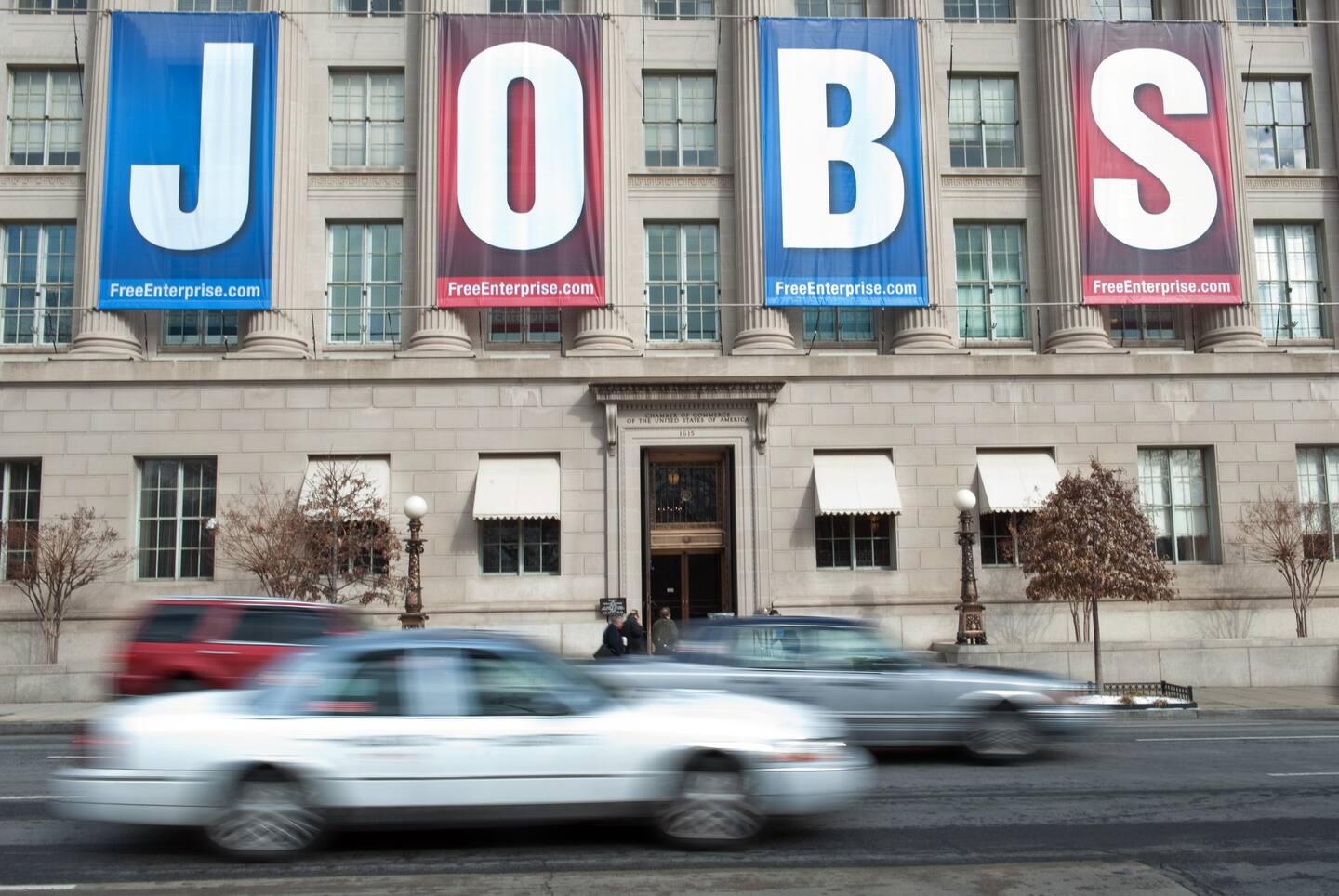The new (sort of) activist (sort of) left: Big business

Republican legislators are nonetheless advocating for changes to the system of voting in Georgia, changes which seem likely to disproportionately constrain the number of Democrats who cast ballots in the newly-blue state. These changes are framed in innocuous terms, with people like Gov. Brian Kemp (R-Ga.) simply asserting that the goal is to “give all voters peace of mind.”
Many Georgians aren’t buying that argument — a group which, last week, expanded to include much of the state’s business community. Under pressure from activists, the state’s Chamber of Commerce and several prominent corporations headquartered in the state expressed public skepticism about legislative proposals currently wending through the legislature.
This isn’t new, of course. For decades, activists have tried to leverage consumer pressure to effect change. Sometimes it’s change directed at businesses themselves, like boycotts. Sometimes, it’s pressure aimed at political change, recognizing the outsized role corporations play in American culture, a function of scale and wealth.
In recent years, though, two overlapping changes have shifted the calculus somewhat.
The first is the emergence of a more vocal movement focused on civil rights, manifested in the Black Lives Matter movement. That’s in part a function of technological changes which forced consideration of incidents of abuse but is also in part a function of the increasing diversity of the population.
The other shift is one identified by Democratic data expert David Shor.
“We’ve never had an industrialized society where the richest and most powerful people were as liberal as they are now in the U.S.,” Shor told New York magazine last year. “There is now this host of incredibly powerful institutions — whether it’s corporate boardrooms or professional organizations — which are now substantially more liberal than they’ve ever been.”
So we have emergent corporate movements like the one last year in which businesses overtly endorsed the Black Lives Matter movement — a rejection of criticism the movement has faced on the political right.
One can be forgiven for assuming that the BLM endorsements were a short-term shift responding to a vocal consumer base. But, of course, that’s not happening in isolation. After the storming of the Capitol on Jan. 6, a number of corporations announced that they would withhold campaign contributions to Republicans who’d voted against finalizing the results of the election — a direct condemnation of a political action taken by a majority of the House Republican caucus.
Businesses have used their campaign contributions to reflect changing politics more broadly than simply that threat. A review of contributions from the largest political action committees representing businesses or trade groups shows that even those which still give more to Republicans than Democrats mostly shifted toward more giving to Democrats in 2020 relative to 2012 or 2016. (The data below come from the Center for Responsive Politics.)
Considered on an industry basis, the shift is more stark. Across industry categories, the shift in giving between the two parties has shifted substantially to the left.
To put a fine point on what the charts above show, we are comparing the margin of difference in giving between the parties among industry committees (or, in the first graph, the most generous individual committees). In 2012, those industries were weighted about eight points more toward Republican candidates on average than they were in 2020. In 2016, the average was about 16 points more Republican. Put another way: In 2020, the average split between Democrats and Republicans across industry groups favored the GOP by about four points. In 2016, it favored the GOP by 20.
Of the 141 industries tracked by CRP, 93 gave more to Republicans than Democrats in 2020 — itself a caveat about how left-leaning these industries are. But of those 93, the difference in giving between Democrats and Republicans shifted to the Democrats since 2016 in 85 industries, including 18 of the 25 most generous industries. Relative to 2012, 75 of those 93 industries gave a larger proportion of their contributions to Democrats in 2020.
This can obscure the reality here. Of the 2,300-plus corporate and trade PACs tracked by CRP, only 35 percent give more to Democrats than Republicans. (That percentage holds even among the 100 most-generous PACs.) On average, corporate and trade PACs which give more to Democrats give about $20,000 more to Democratic candidates than Republicans. Those which give more to Republicans give about $40,000 more to Republicans — meaning that business still gives far more to Republicans than to Democrats, to the tune of about $43 million last year.
In other words, it is not the case that these businesses are now going to send floats to participate in left-wing marches, certainly. It is also not the case that this shift reflects a broad embrace of Democratic Party principles. Cultural debates yield a very different calculus than issues like union membership, as we pointed out last week. A business like Coca-Cola, which expressed its concerns about Georgia’s voter registration changes and which gave more to Democrats than Republicans through its PAC in 2020, is probably not going to actively advocate for increased worker rights.
Nonetheless, there’s been a shift. Corporate actors are more open to Democratic politicians and priorities than in years past. Last year, the national Chamber of Commerce — long an honorary part of the Republican establishment — endorsed two dozen Democratic House candidates, spurring consternation among its members. If current trends hold, such endorsements may not be that remarkable in the future.






